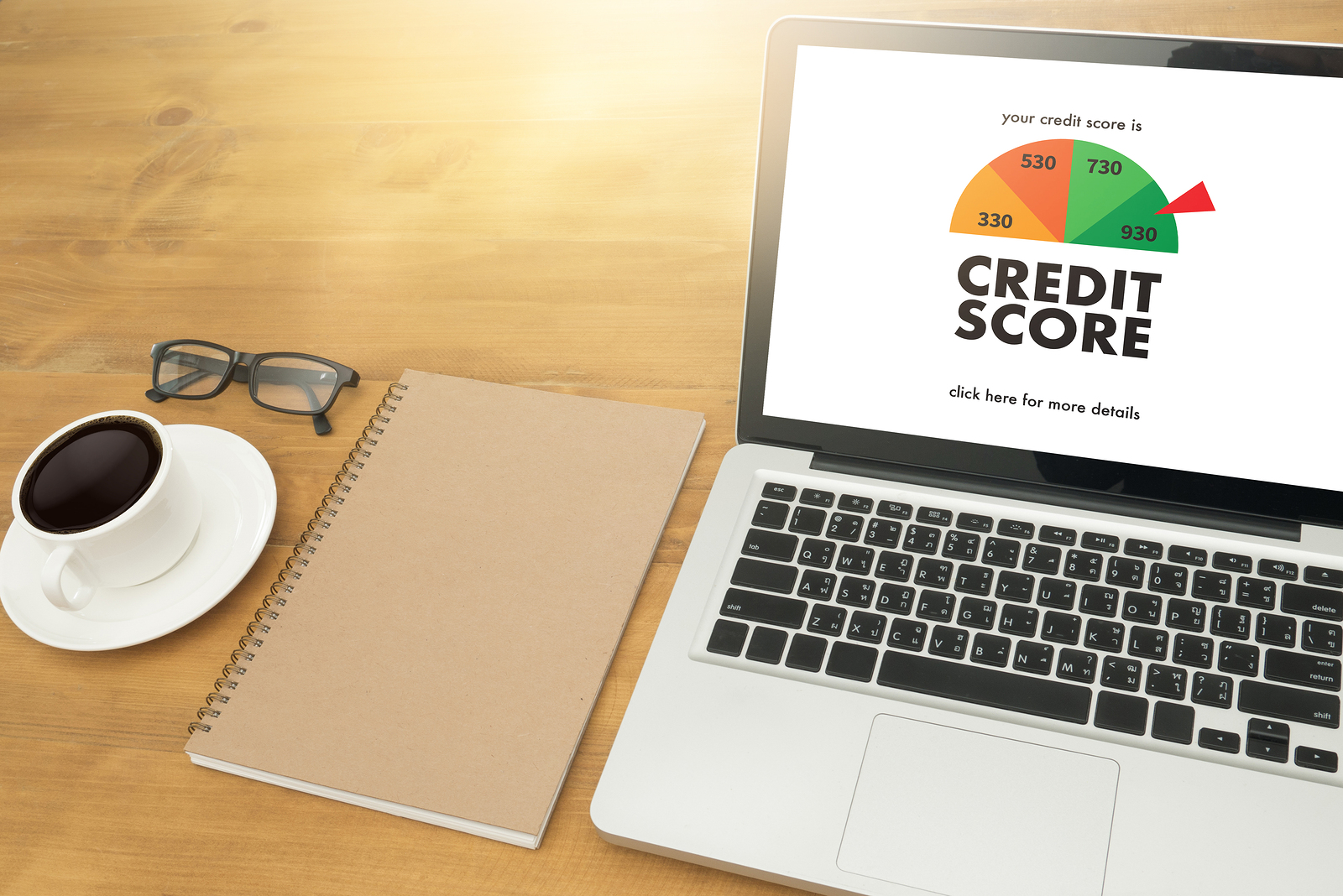 There are a lot of bases to cover in your job search. Craft the perfect resume, find some solid references, work on better answers for some of those daunting interview questions. But one thing that many job seekers often aren’t prepared for is pre-employment credit checks. On top of checking your employment history, criminal background and education, many employers now check candidates’ credit history. Under the Fair Credit Reporting Act, employers are permitted to do credit checks on potential hires, as well as current employees they are interested in promoting. Usually, employers conduct credit checks due to concerns that if a candidate wasn’t financially responsible in their personal life, they may not be fit to handle the finances and other sensitive information of the company and its clients.
There are a lot of bases to cover in your job search. Craft the perfect resume, find some solid references, work on better answers for some of those daunting interview questions. But one thing that many job seekers often aren’t prepared for is pre-employment credit checks. On top of checking your employment history, criminal background and education, many employers now check candidates’ credit history. Under the Fair Credit Reporting Act, employers are permitted to do credit checks on potential hires, as well as current employees they are interested in promoting. Usually, employers conduct credit checks due to concerns that if a candidate wasn’t financially responsible in their personal life, they may not be fit to handle the finances and other sensitive information of the company and its clients.
Laws Prohibiting Employer Credit Checks
Depending on where you live, pre-employment credit checks may not be much of a concern. There are currently 11 states with laws that prohibit or restrict employer credit checks, including Connecticut, California, Delaware and Illinois. There is also national legislation that has been presented to prohibit pre employment credit checks by employers except in special circumstances (such as for a job that requires a national security clearance), but as of right now, nothing has been passed.
Should You Worry about Pre-Employment Credit Checks?
For the most part, employer credit checks are conducted for jobs that involve the handling of money and other sensitive information. This can include corporate jobs in banking and accounting, as well as cashier and clerk positions that involve handling cash. The Society for Human Resource Management conducted a recent survey on pre-employment credit checks. Only 34% of the employers surveyed conducted credit checks on job candidates. Of that 34%, 87% of the employers conducted credit checks on candidates for jobs that involved financial responsibility, 42% conducted credit checks on applicants for senior level positions, and 34% of the employers conducted credit checks on candidates for jobs that handle highly sensitive employee information. Some more good news for job candidates with less than stellar credit: the survey found that 80% of employers that conduct pre-employment credit checks have hired candidates with negative marks on their credit report. The findings of this survey should offer job seekers some relief for two reasons. First, there’s a good chance potential (or current) employers won’t even check your credit. Second, even if a credit check is run on you in the hiring process, you aren’t necessarily out of the running because of your past financial mistakes.
What Can You Do to Prepare for Pre Employment Credit Checks?
Under the Fair Credit Reporting Act, employers are required to obtain your written permission before running a credit check. Then, they are required to send the report to the job candidate and give them a few days to responding with an explanation or dispute of the findings. For this reason, it is best to check your credit before applying for any jobs, so you can be prepared for employer credit checks. The Fair Credit Reporting Act allows every individual to obtain a free copy of their credit report once a year from each of the nationwide credit reporting companies (Equifax, Experian and TransUnion). Some of the negative marks on your credit report might be very easily fixed. Also, it’s possible that there could be negative marks on your report that were made in error, and these can be disputed. In both cases, it will take at least a couple weeks to remove the negative marks on your report. So it’s best not to wait for when it comes time for a pre-employment credit check to address these issues.
With bad credit that cannot be resolved immediately, many employers are understanding. Many people went into debt during the recession, and experience financial hardship or unemployment at some point in their lives. Employers aren’t likely to do pre-employment credit checks until they are seriously considering you as a job candidate, since it would cost quite a bit of money for them to do background and credit checks on every candidate. By the time your credit gets checked, it’s likely the employer already favors you as a candidate due to your skills, experience and other qualifications. Your credit still matters, since it could be the factor that gives you a leg up on other candidates. But it’s quite possible to rise above bad credit and find a job that is a great fit.
Author: Jessica Cody
Jessica Cody, a native of Fairfield County, Connecticut, has a background in online marketing and public relations. Currently, she works at VHMNetwork LLC in the role of Marketing Analyst. She is a graduate of the University of Connecticut, where she studied Journalism and Political Science. She is also an avid runner with a passion for the outdoors.

